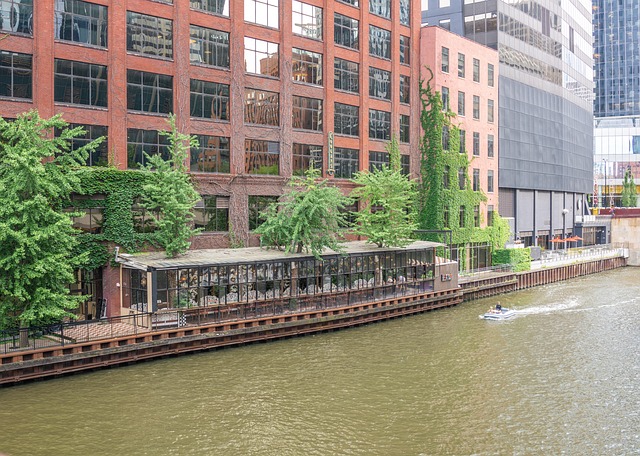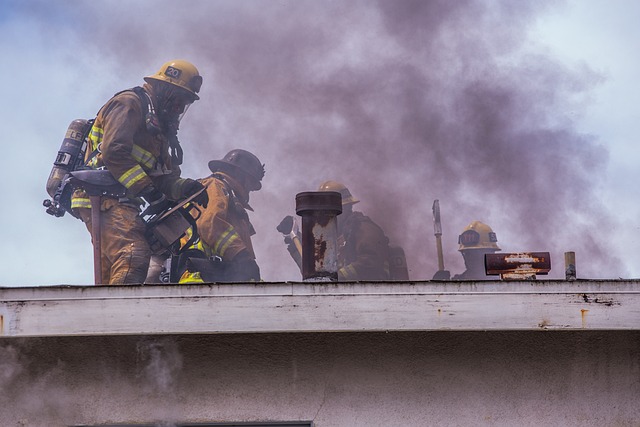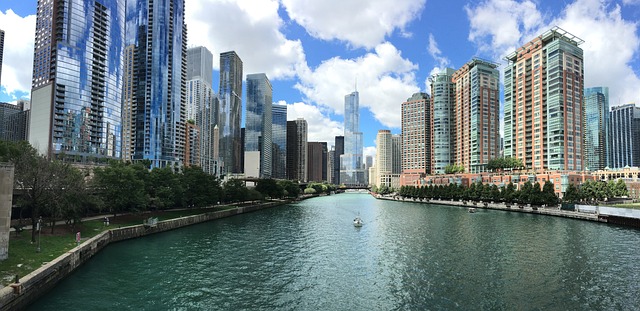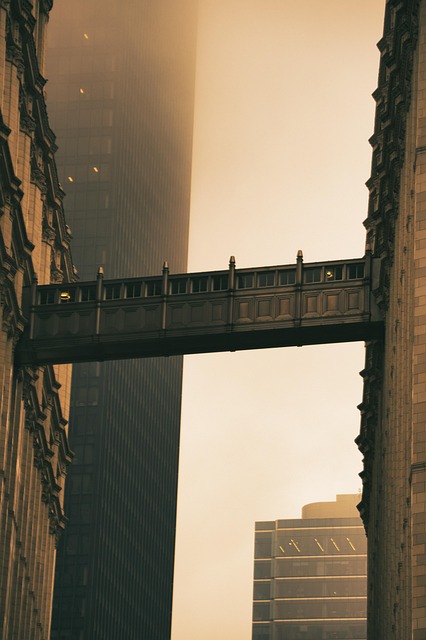Fire-damaged properties in Illinois can be sold through auctions, offering a swift and transparent solution for Chicago homeowners. After a fire, navigate repairs, legalities, and insurance claims with professional help, ensuring compliance and thorough documentation. Strategic preparation, including debris cleanup and restoration, attracts investors interested in purchasing post-fire properties in Chicago, providing an efficient path to recovery.
In the aftermath of a fire, homeowners in Chicago often face a complex journey towards recovery. One avenue gaining traction is fire-damaged property auctioning, presenting a unique opportunity for swift sales. This article guides you through the intricate process, from understanding Illinois’s auction regulations to preparing your home. We’ll explore legal considerations, insurance claims, and practical tips to maximize your chances in the market. Discover how to navigate this path effectively after a fire has left your Chicago property.
- Understanding Fire-Damaged Property Auctions in Illinois
- The Process of Selling Your House After a Fire in Chicago
- Legal Considerations and Insurance Claims
- Tips for Preparing Your Home for Auction in Illinois
Understanding Fire-Damaged Property Auctions in Illinois
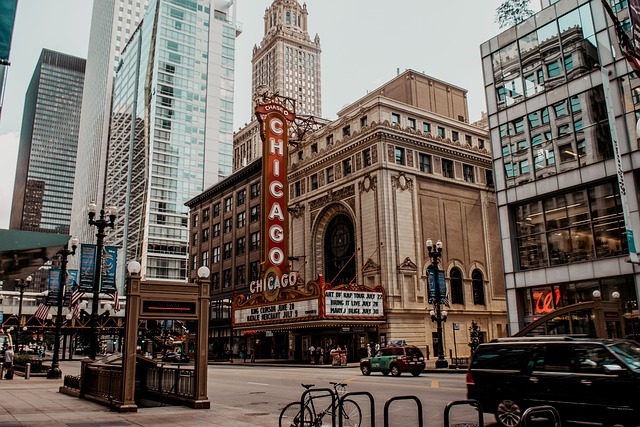
Fire-damaged property auctions in Illinois are an alternative way for homeowners to sell their properties after a fire. When a home sustains significant damage, traditional selling methods might not be feasible. Auctions offer a swift and efficient solution for owners looking to recover losses quickly. In Chicago, these auctions have gained popularity due to their ability to match distressed properties with investors seeking opportunities.
Understanding the process involves recognizing that these auctions often attract buyers who are either experienced in renovation or willing to take on the challenge of repairing the damaged home. The state’s regulations ensure transparency and fairness during the bidding process, making it an attractive option for those selling their fire-damaged Chicago homes.
The Process of Selling Your House After a Fire in Chicago

After a fire damages your Chicago home, navigating the process of selling can seem daunting. However, with careful planning and understanding of the steps involved, it’s possible to turn this challenging situation into a successful opportunity. The initial step is assessing the extent of the damage and determining if the property is habitable or requires significant repairs. This involves working with insurance adjusters and potentially hiring professionals to assess the structural integrity and cost of renovations. Once the scope of work is clear, homeowners have several options: repair and sell, rebuild entirely, or consider alternative living arrangements while negotiating a sale.
The decision to proceed with selling depends on various factors, including the severity of damage, financial constraints, and personal circumstances. In Chicago, real estate agents specializing in fire-damaged properties can be invaluable assets. They guide homeowners through the process, helping prepare the house for showing, market the property effectively, and navigate potential buyer concerns. The auction process is another viable route, offering a swift sale but requiring careful preparation to maximize bids. Selling your house after a fire in Chicago demands patience, transparency, and proactive communication throughout each stage of the journey.
Legal Considerations and Insurance Claims
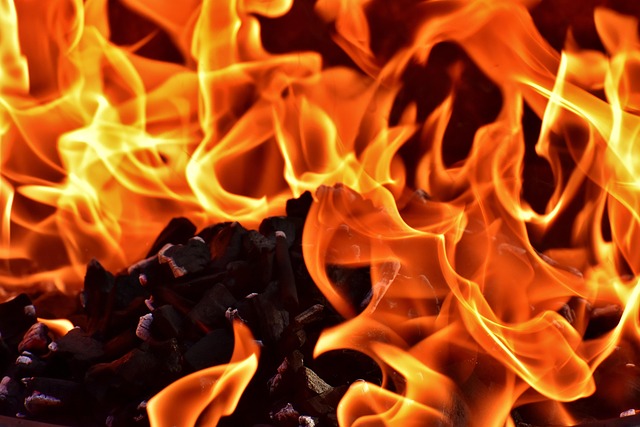
After a fire damages your property in Chicago, there are several legal considerations to keep in mind if you’re planning to sell your house. The first step is to ensure that any necessary permits for renovation or demolition have been obtained from local authorities, as selling a property before these permits are in place could result in fines and legal issues. Additionally, understanding the terms of your insurance policy is crucial. Homeowners’ insurance typically covers fire damage repairs, but policies vary, so reviewing your coverage and talking to your insurance provider about the claims process is essential.
When it comes to selling your fire-damaged home in Chicago, navigating insurance claims should be a priority. Your insurance company will assign an adjuster to assess the damage, who will then provide an estimate for repairs or a payout based on policy terms. It’s important to document all damages thoroughly and keep records of communications with your insurer. Once the claim is settled, you can start the process of selling your house. Many real estate agents specialize in these unique situations and can guide you through the challenges of selling after a fire, ensuring a smooth transition for both you and potential buyers.
Tips for Preparing Your Home for Auction in Illinois

When preparing your home for auction in Illinois after a fire, it’s crucial to act swiftly and strategically. Start by assessing the damage thoroughly – identify what can be restored and what needs replacement. Keep in mind that potential buyers will be evaluating not just the physical repairs needed but also the overall value and market appeal of the property.
Focus on safety first and ensure any hazardous materials, such as asbestos or lead paint, are professionally removed or contained. Clean up the debris promptly to make your home presentable for viewings. Consider hiring professionals who specialize in fire damage restoration to help with these tasks, especially if it’s a complex or extensive cleanup. Remember, selling your house after a fire in Chicago requires a proactive approach and clear communication about the state of repairs to attract interested buyers.
Fire-damaged property auctions in Illinois, particularly in Chicago, offer a unique opportunity for buyers seeking affordable real estate. Understanding the process, legal aspects, and tips for preparing your home can ensure a smooth transition during these specialized auctions. For those looking to buy or sell following a fire, these auctions present a chance to navigate the recovery process efficiently, making it an essential consideration when dealing with selling your house after a fire in Chicago.
